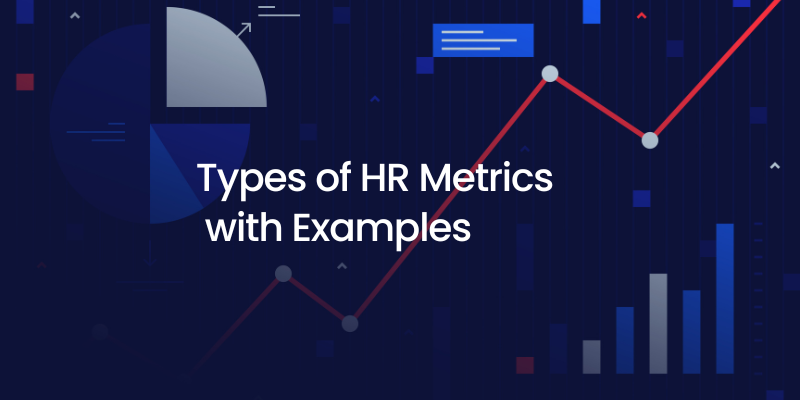Employee Engagement Meaning, Definition, Importance & Types
Employee engagement means how emotionally invested and motivated employees are to contribute to the company’s success. Various factors that impact it are a supportive work environment, effective leadership, growth opportunities, and a clear sense of purpose in their roles.
Further, engagement can be measured through surveys and feedback systems to help organizations improve performance and workplace culture. This in turn, provides valuable insights into employee satisfaction.
Moreover, employee satisfaction in HR is important as it helps to foster open communication, and employees feel comfortable sharing their thoughts and opinions.
Liked what you read? Let’s take it to the next level!
Frequently Asked Questions
Q1. | How does HR contribute to employee engagement? |
| Ans. | HR can contribute through their HR best practices, such as regular communication, building a culture of recognition, inviting holistic feedback, and investing in employee well-being. Further, HR can also empower employees with experience in learning and define the organization’s purpose and values. |
Q2. | What are the key drivers of employee engagement? |
| Ans. | The key drivers are engaging leaders, strategic leadership, employee voice, and integrity. Further, businesses need to focus on these employee and workplace engagement factors if they want to become a benchmark for success. |
Q3. | What are some employee engagement activities? |
| Ans. | Some of the activities are workplace parties, employee-led clubs, recognition programs, team-building activities, and so more. In addition, these HR strategies can significantly boost employees’ experience, teams’ morale, and productivity.`Consequently, this will also increase employee motivation to give their best to the organization. |
Q4. | How can companies measure employee engagement? |
| Ans. | Companies can measure it in various ways. For instance, these can be pulse engagement surveys, annual surveys on employee satisfaction, performance reviews, exit interviews, and employee net promoter score. They can measure employee satisfaction and help identify trends, areas for improvement, and overall sentiment within the workforce. Ultimately guiding strategic HR decisions for better outcomes. |
Q5. | How does employee engagement impact business success? |
| Ans. | Employee experience and engagement are a fundamental part of business success as it results in higher employee productivity, better employee retention, increased workplace productivity, and drives innovation. When employees are highly engaged with their work, they interact more with customers, hence improving customer satisfaction too. |
Q6. | What are employee engagement models? |
| Ans. | These models are structured frameworks that guide the organization to measure, improve, and understand employee engagement. Moreover, it offers guidelines to track key metrics such as turnover rate to evaluate its effectiveness. Some of these models are the JD-R model, the Zinger model, the Deloitte model, the Gallup model, and the AON Hewitt model. |
Resources
Explore how HR trends 2026 are shaping workplaces and employee experiences.
Discover how the employee lifecycle improves engagement and retention.
Learn why HR metrics are key to better engagement and smarter decisions.





